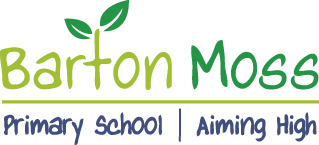At Barton Moss, our Religion and worldviews curriculum aims to develop deep thinkers who are open-minded about religion and worldviews. Our R&W curriculum is relevant to pupils, reflecting and preparing them for life in modern Britain. Through the scheme, children will secure a deep understanding of concepts in order to be able to make connections, ask and respond to challenging questions, learn to respect and appreciate worldviews that are different to their own and consider their personal preconceptions, responses and views. Children will build their conceptual knowledge through studying religions and worldviews locally, nationally and globally in our progressive curriculum, enabling them to make links and connections between worldviews, develop disciplinary skills and build on their understanding of their positionality in relation to their learning . By revisiting key ‘big questions’ and building on prior knowledge, pupils will learn about how religion and worldviews are lived experiences across the world, consider the impact of worldviews on society and have opportunities to consider their personal worldviews. Our R&W scheme of work enables pupils to meet the government guidance, which states that RE must reflect that ‘the religious traditions in Great Britain are, in the main, Christian while taking account of the teaching and practices of the other principal religions represented in Great Britain’. Our scheme has been designed to fulfil the aims of 'A Curriculum framework for Religious Education in England. For EYFS, the lessons allow pupils to work towards targeted ‘Understanding the world’ Development matters statements and Early learning goals, while covering foundational knowledge that will support them in their further Religion and worldviews learning in Key stage 1.
RE

